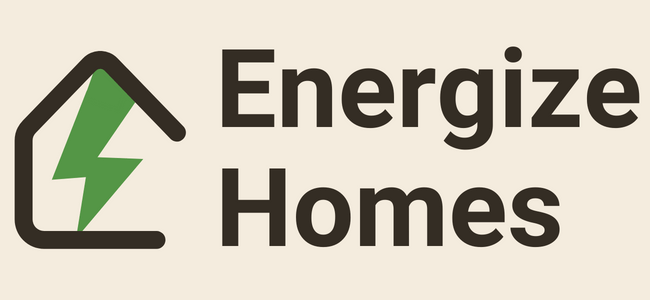How Heat Pumps Impact the Overall Value of a Home
Introduction
When it comes to residential energy systems, heat pumps are increasingly becoming a topic of discussion among homeowners, energy consultants, and real estate professionals. Known for their energy efficiency, heat pumps not only provide a sustainable heating and cooling solution but can also influence the overall value of a home. But what’s the real deal? Does investing in a heat pump really make a difference in your home’s market value? Let’s dig into this topic, dissecting both the operational aspects and the financial implications.
If you’re contemplating ways to amplify your home’s worth, investing in a heat pump should be on your radar.
Energy Efficiency: Coefficient of Performance (COP)
One of the most attractive features of a heat pump is its high Coefficient of Performance (COP). While traditional HVAC systems typically have COP values around 1, heat pumps can achieve values between 3 and 5. This means for every unit of energy consumed, a heat pump can generate 3 to 5 times more thermal energy.
| System Type | Coefficient of Performance |
|---|---|
| Traditional HVAC | 1 |
| Heat Pump | 3-5 |
The superior COP equates to reduced energy bills, which can be an appealing prospect for potential buyers, thereby enhancing the home’s value.
Lifecycle Costing: Net Present Value (NPV) and Payback Period
Lifecycle costing techniques like Net Present Value (NPV) and Payback Period offer further insight into the financial advantages of installing a heat pump. A higher NPV indicates a more profitable investment over the life of the asset. Likewise, a shorter Payback Period means the homeowner will recoup their initial investment sooner.
| Metric | Traditional HVAC | Heat Pump |
|---|---|---|
| NPV | Lower | Higher |
| Payback Period | Longer | Shorter |
Higher NPV and shorter Payback Periods often contribute to a higher perceived value from both homeowners and prospective buyers, thereby positively affecting the overall home value.
Operational Flexibility: Seasonal Energy Efficiency Ratio (SEER) and Heating Seasonal Performance Factor (HSPF)
Heat pumps are renowned for their operational flexibility. With both heating and cooling capabilities, they offer an advantage in Seasonal Energy Efficiency Ratio (SEER) and Heating Seasonal Performance Factor (HSPF) over conventional HVAC systems.
| Parameter | Traditional HVAC | Heat Pump |
|---|---|---|
| SEER | 13-16 | 14-20 |
| HSPF | N/A | 8-13 |
These metrics make homes equipped with heat pumps more desirable, adding another layer of value.
Impact on Resale Value: Real Estate Multiplier Effect
It’s not uncommon for home appraisers and real estate agents to consider the ‘Real Estate Multiplier Effect’ when evaluating the value of a home with a heat pump. Essentially, the cumulative benefits—energy efficiency, lifecycle costs, and operational flexibility—contribute to a higher overall home valuation.
Environmental Footprint: Emission Factors and Carbon Offsetting
Finally, the lower emission factors associated with heat pumps compared to fossil fuel-based systems play a significant role in the property’s appeal to an increasingly eco-conscious market.
| System Type | Emission Factor (kg CO2e/MWh) |
|---|---|
| Traditional HVAC | 450-500 |
| Heat Pump | 150-200 |
The lower carbon footprint not only sets the property apart but also adds a “green premium” to the home’s value.
Conclusion
Installing a heat pump in a home offers myriad benefits that collectively contribute to an increase in the home’s market value. The advantages span across operational efficiency, lifecycle costing, operational flexibility, and environmental footprint, making it a smart choice for both current homeowners and future buyers.
